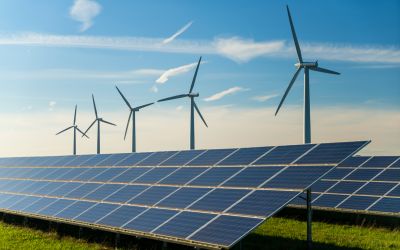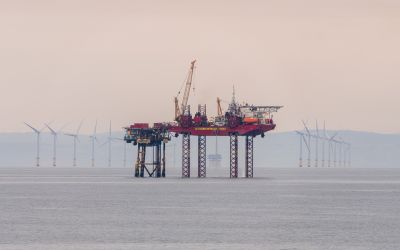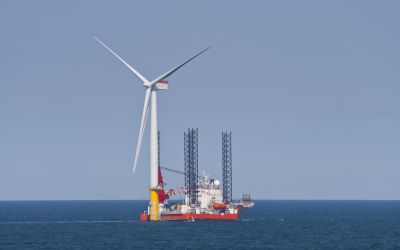France warns climate change driving war and hunger
French President Nicolas Sarkozy on Friday told the world's biggest carbon polluters that global warming was becoming a driver of hunger, unrest and conflict, with the war in Darfur a concrete example."Climate change is already having a considerable impact on security," Sarkozy said in a speech to ministers from 16 economies that together account for 80 percent of the planet's greenhouse-gas emissions.
French President Nicolas Sarkozy on Friday told the world's biggest carbon polluters that global warming was becoming a driver of hunger, unrest and conflict, with the war in Darfur a concrete example."Climate change is already having a considerable impact on security," Sarkozy said in a speech to ministers from 16 economies that together account for 80 percent of the planet's greenhouse-gas emissions.
Water scarcity and rivalry for farmland and fishing resources were emerging as "major challenges," especially in Africa, he said.
"In Darfur, we see this explosive mixture from the impact of climate change, which prompts emigration by increasingly impoverished people, which then has consequences in war," said Sarkozy. "If we keep going down this path, climate change will encourage the immigration of people with nothing towards areas where the population do have something, and the Darfur crisis will be only one crisis among dozens of others."
Nearly five years old, the war in southwestern Sudan has claimed more than 200,000 lives from fighting, famine and disease and 2.2 million others have been left homeless. The exodus has had a spillover effect on neighbouring countries. The conflict began when ethnic minority rebels took up arms against the Arab-dominated regime and state-backed Arab militia, fighting for resources and power in one of the most remote and deprived places on earth.
UN Secretary General Ban Ki-moon last June also suggested the Darfur conflict arose "at least in part" from climate change. UN statistics showed rainfall declined some 40 percent over the past two decades as a rise in Indian Ocean temperatures disrupted monsoons, he said. Sarkozy announced France would double its emergency food aid this year, spending 60 million euros (100 million dollars).
"We cannot remain indifferent to the unrest among those people who, in the developing countries, can no longer satisfy their hunger," he said. Soaring prices for basic grains -- rice, wheat, soybean and corn -- have provoked protests and rioting in at least half a dozen developing countries in past months. Experts say the food crisis has multiple causes. These include the surging demand for meat in fast-growing China and India, which encourages land to be turned over for grazing and grain to be grown for animal fodder rather than food. In addition, the surging cost of oil has had an impact on many poor people, adding to the pinch caused by rising food prices. But scientists also point to a likely role by climate change.
Rising temperatures and shifting rainfall patterns may be amplifying water scarcity, especially in Australia, which is one of the world's breadbaskets, according to some opinion. Biofuels, championed to help reduce carbon emissions and ease dependence on fossil fuels, have also been fingered in the food crisis.
The United States and Brazil have massive programmes for converting grains, sugar and soy beans into ethanol and biodiesel that are then used as a substitute for fossil fuels extracted from the ground. The Paris talks gather ministers from Australia, Brazil, Britain, Canada, China, France, Germany, India, Indonesia, Italy, Japan, South Korea, Mexico, Russia, South Africa and the United States.
Launched by Bush last September, the so-called Major Economies Meeting (MEM) aims at helping to speed negotiations towards a new UN pact on climate change by the end of 2009. It is also looking at how to enlist smart technology and energy-intensive industries in action to cut greenhouse-gas emissions. The mood at the two-day Paris meeting was soured on Thursday by criticism of President George W. Bush's new climate plan.
Bush on Wednesday said he wanted US emissions to peak by 2025, a measure attacked as too late and too timid by Germany and the European Union (EU), while his demand that developing countries make concessions was fiercely attacked by South Africa.
Source: AFP






